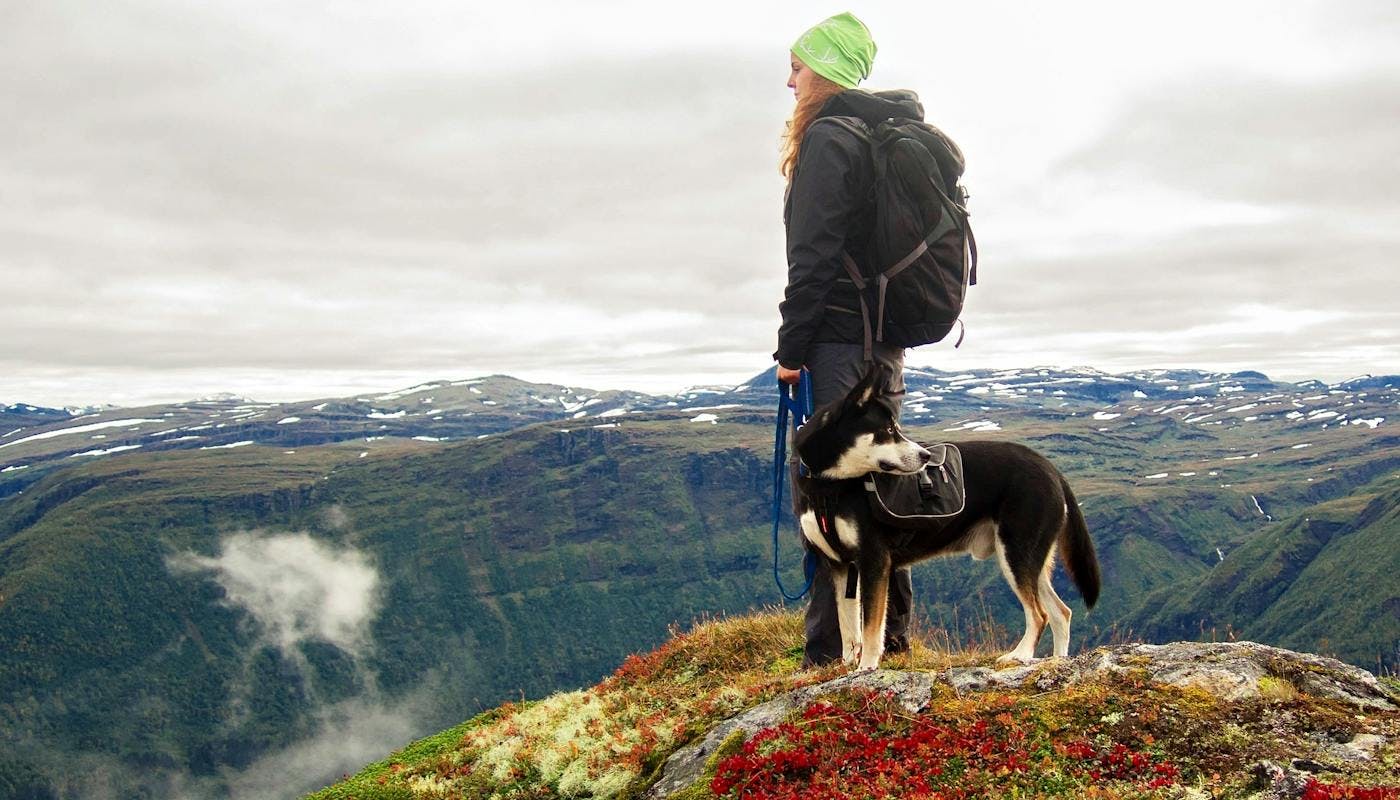Is Your Dog a Weekend Warrior?
After a tough week at work, we’re all looking forward to fresh air and exercise. But if your dog’s used to a sedate pace of life, a 3-hour hike could come as a shock. Weekend Warrior is the name for a new syndrome affecting our dogs. How can we embrace our weekends and help our dogs to enjoy them too?
What’s a Weekend Warrior?
A weekend warrior is someone who’s relatively inactive Monday-Friday and participates in high-energy pursuits over the weekend! Nothing wrong with that, right?
Yes and no. The truth is: medical professionals agree that most people sit still for too many hours in the weekhttps://www.hopkinsmedicine.org/health/wellness-and-prevention/sitting-disease-how-a-sedentary-lifestyle-affects-heart-health – around 80% of Americans work in desk jobs. This ‘sitting disease’ can indirectly cause obesity, heart disease, stroke and high cholesterol – Forbes says it can even cause memory losshttps://www.forbes.com/sites/nicolefisher/2019/03/06/americans-sit-more-than-anytime-in-history-and-its-literally-killing-us/?sh=508e592f779d – unless we self-prescribe activity and exercise.
Did you know? Walking is an amazing form of exercise! It boosts heart-health and overall fitness. Since it’s low-intensity, it’s suitable for those with joint, back, or weight problems. Various studies have shown that it’s beneficial for mental health and might even lower your risk of cancer. Aiming for 30 minutes every day is a great start, but don’t be too ambitious – gradual increases will be easier for you and your dog to manage.
What is Weekend Warrior Syndrome?
While outdoor activity is a great goal, intense exercise on one or two days per week can come as a shock to the body.
Why? Well, for humans – and especially for our dogs – over-exerting ourselves in the name of good health can, in fact, cause health problems. It’s frustrating, but you (and your dog) might not be able to tackle a mountain hike after a dull, sedentary week.
Don’t worry. This simply means that you should adapt your expectations and build up to that mountain that you’re longing to climb.
Vets advise that our dogs, just like us, need training before they attempt strenuous activities. You wouldn’t run a marathon without a few months of shorter runs, right? And your dog can’t go from zero to track-hero, either. Otherwise there’s a risk that your dog could suffer from ‘Weekend Warrior Syndrome’, with problems like:
- Muscle strain or ligament injury
- Lameness or aching legs (if this happens regularly, there’s a risk of long-term damage)
- Back injury
- Paw pad injury
- Acute arthritis
- Heat stroke
- Heart problems
- Low blood sugar
Signs Of an Overexercised Dog
If your dog’s been for a longer walk than usual, check their paw pads – there should be no redness or soreness – and their legs. Be vigilant about the signs of heatstroke and ensure they have water to drink. If your dog’s having difficulty getting up or isn’t interested in food, they may have sore muscles. That’s a sign that you should take it easier next time.
How Can You Prevent Weekend Warrior Syndrome?
The most important thing you can do is to ensure that your dog’s exercise is regular and predictable. Don’t make drastic changes, like swapping their normal 15-minute walk for a 6-hour day trip. Instead, start to lengthen their daily walk (if you have time); after a couple of weeks, try a longer Saturday walk, and see how they recover. Make that progression slow and steady.
It's also crucial to monitor their general health while you’re amending their schedule. Some breeds (like Bulldogs and Newfoundlands) are more prone to respiratory difficulties or heatstroke on long walks.
Further Reading
Consider assembling a Dog First Aid Kit/learn/dog-health/what-should-you-pack-in-a-dog-first-aid-kit for your activities. Find out when it’s too hot for your dog to go out/learn/dog-training/how-hot-is-too-hot-for-my-dog. And – if you’re looking for a new dog to accompany you on hiking adventures – read about our top breeds for country living!/learn/dog-lifestyle/top-10-dog-breeds-for-country-living
